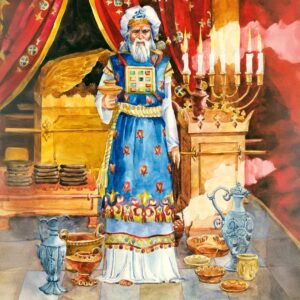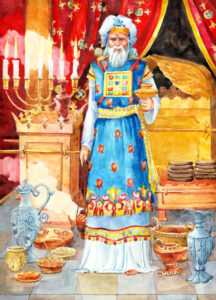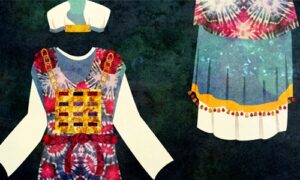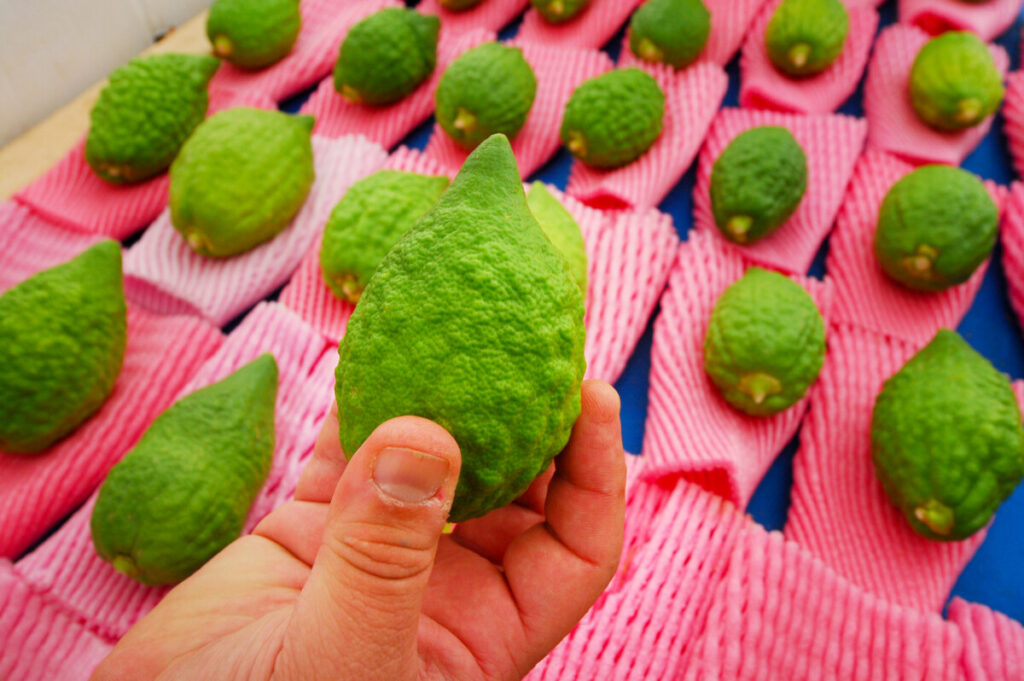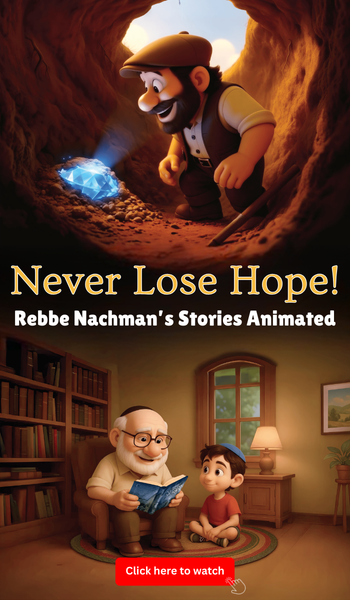Balak & Bilaam
ADAPTED FROM HIS AUDIO SHIUR ON EIN YAAKOV LESSON 139B – SANHEDRIN 105
Learning Torah
A person should learn Torah—the word of Hashem—in purity. Which means to learn it for the sake of kedusha, for the sake of fulfilling the mitzvah of Hashem, and for the sake of learning it and fulfilling it: lilmod u’l’kayem.
However, a person may find that he does not have the appetite or the patience to sit and learn. But he could sit and learn if there was profit involved.
This is what Pirkei Avos says: do not use the Torah as a utensil with which to dig your fortune. Don’t use the Torah as a means of livelihood. What if a person feels that he can only learn Torah for the sake of earning a livelihood, for personal gain—or even more so, for the sake of kavod, honor? Imagine the scenario: he attains vast knowledge of Torah, and wherever he goes, people say with admiration, “Here is a truly learned man.”
Balak was Zocheh
A person who learns Torah for the sake of honor—it’s very bad. But as bad as it is, the Gemara says: learn. That’s called lo lishmah— learning not for the sake of the mitzvah. Even if that’s the only way to learn, continue doing that, and eventually you will be transformed into one who learns for the sake of the mitzvah itself.
So if you have a choice to learn immodestly, or not to learn at all, it is best that you learn with a false, wrong intention—because that will lead to lishmah.
We find, too, that Balak was zocheh, because he brought korbanos to Hashem with the wrong intentions. He was zocheh that from him came forth Rus—who was the great-grandmother of David HaMelech, and ultimately Moshiach. That is the privilege and zechus of shelo lishmah. Imagine, then, how much greater is the zechus, the reward, for lishmah.
Bilaam’s Downfall and His Afterlife
In the Zohar HaKadosh, we find that Rebbe Shimon Bar Yochai Z”L said there is a secret about Bilaam, which could not be revealed until the Arizal revealed it. The Gemara says that Unkelos HaGer—the one who wrote the Targum of the Chumash—wanted to find out how beneficial it would be, or how advisable it was, to become a Jew, to convert. And so he used special powers to summon three people from the upper world. One of those three was Bilaam. He summoned his soul and spoke to him. Bilaam told him to stay away from the Jews. “There’s not too much profit there. Stay away.” He advised Unkelos against joining the Jews.
That means that Bilaam was still evil, even in the upper world. The Gemara asked: what was Bilaam’s punishment? He went through judgment in Heaven. What was the penalty meted out to Bilaam? The answer: to be boiled constantly, daily, in boiling filth—tipa ha’me’usa, the corrupted drop—because he had suggested this sin. Let him boil in that filth forever afterwards.
We find in the Zohar HaKadosh that this “forever” was completed. Rebbe Shimon Bar Yochai Z”L indicated that something had occurred to change this. The Arizal says that Bilaam came back as a gilgul—as Naval. The letters of “Bilaam” and “Lavan” hint at the three gilgulim: first Lavan, then Bilaam, and then Naval. Naval was not a good Jew—but at least he died as a Jew. He was allowed to do that despite all the evil. The Gemara says that anything you can find to say bad about Bilaam, it is a mitzvah to say it—yet we find that later on, there was a tikkun, even for him.
There Is Always a Way Back
What does pertain to us is this: that any person— no matter who he is, no matter what he is, no matter what he has done—should know that there is a tikkun for everyone.
Never give up hope, no matter what you may have done. Never feel depressed over your actions. You can return to Hashem. The Pesach—the door, the gate—is always open. A desire alone, one desire, one craving, one look, one heartfelt thought—is enough to have Hashem bring you back. That’s the most important lesson we can learn. And it is this chizuk—this encouragement—that Rabbeinu Z”L constantly taught. There’s no yi’ush—no giving up hope. A person can always come back to Hashem. And it is this chizuk that sustains a person throughout his lifetime and prepares him for an eternal future.
Let’s hope that we are able to reach this true emunah shleimah and chizuk.
- 0 comment


